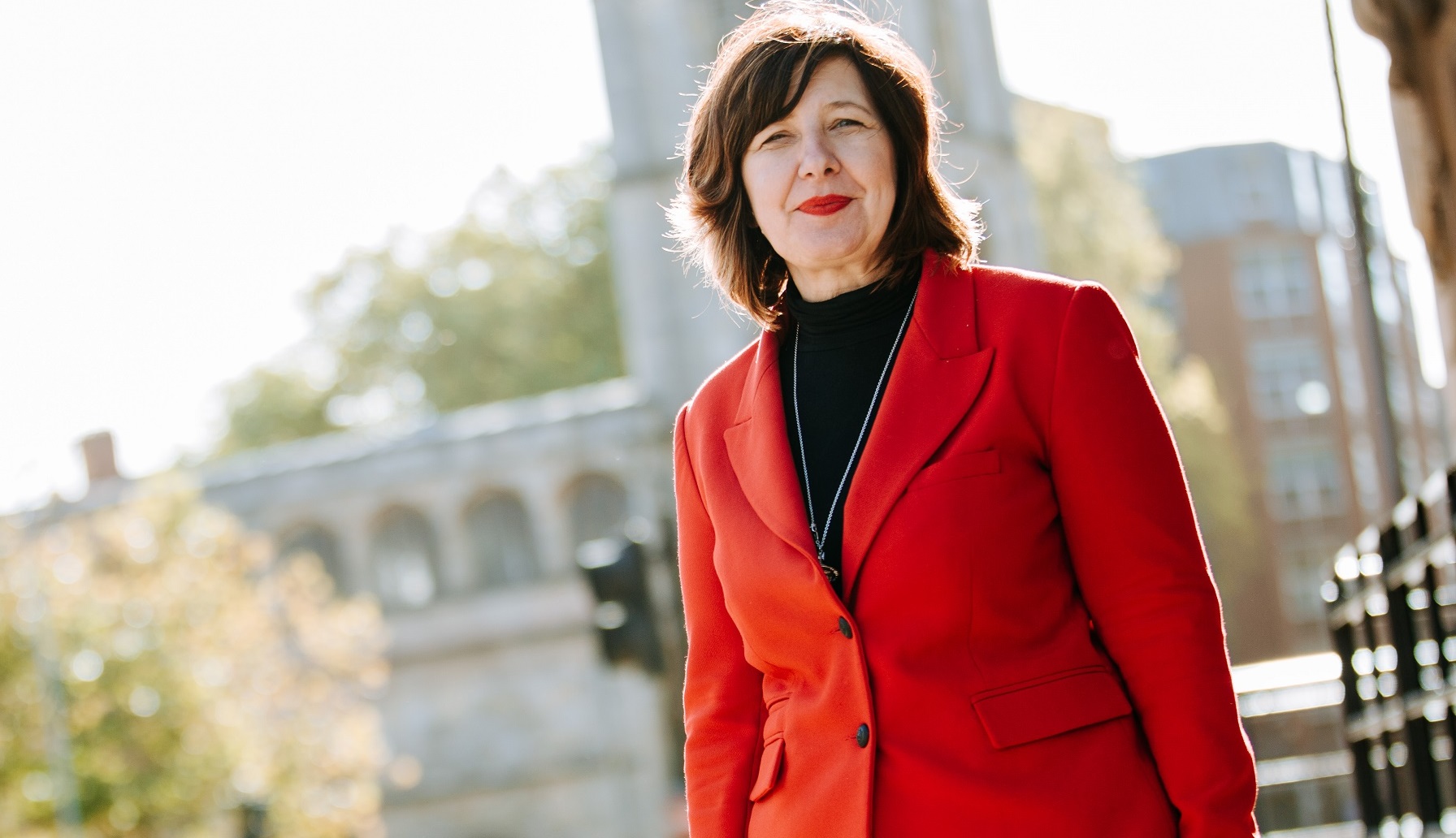As the government confirms all remaining Coronavirus restrictions will end, Hull’s public health lead has explained what ‘living with Covid’ looks like for Hull.
Key changes announced this week include:
- From this Thursday, February 24, you don’t need to isolate if you test positive for Coronavirus. This applies whether you are vaccinated or not and regardless of whether you use a PCR or LFD test
- Self-isolation payments also end on February 24
- Staff and students in childcare and education settings are (as of yesterday) no longer advised to routinely test twice a week
- Free testing, both PCRs and LFDs, ends on April 1 for almost everyone – the changes above, mean the rules which required people to test have all been lifted. Tests will still be available, but only for those who decide to purchase them
- Statutory sick pay will no longer be paid from your first day of illness, if you are off with Coronavirus.
Some things will not change, and there are steps people can take to give themselves and others added protection. These include:
- Getting the vaccine. The vaccine is the most effective protection against all known variants and Long Covid. Everyone who is able is still strongly advised to get all doses, including the booster
- People with Coronavirus symptoms, or who have access to testing and test positive, will be advised to stay at home
- Use of face masks in enclosed or crowded places
- Regular hand washing and following the Catch It, Bin It, Kill It advice already in place for other viruses
- Letting fresh air in when meeting indoors, and meeting outdoors where possible.
The full details of some changes are not yet known. These include:
- Free symptomatic tests will still be available for a few groups, deemed at-risk. It isn’t known yet who these people will be
- The price of tests isn’t known. The government has said this will be ‘a matter for the free market’
- People might have work-related questions, around taking time off if they have Coronavirus, or returning from remote working, which employers might still be working out or waiting for information on.
Julia Weldon, Director of Public Health at Hull City Council, said: “There is a lot to take in and some big changes to adapt to. I know some of us will be celebrating these steps, while others will feel uncomfortable or anxious.
“It is still a time to be kind to each other and to take the extra steps to protect ourselves and others if we’re able. However, it is also time to adapt to living – safely – with Covid. We have protections that we didn’t have at the start of the pandemic, including the vaccine and effective treatments. This, combined with doing all we can to minimise transmission, and additional protections in place for those most vulnerable, should allow us to do this.
“Looking at the number of local cases and numbers of people in hospital; these are stable or coming down, and we’d expect that trend to continue after the end of restrictions, as we move into spring.
“The things we should all do now are to get vaccinated if we haven’t already and to make the safer behaviours outlined here part of our everyday lives. The council is in the final stages of our community-based Vaccine Champions plan, which will look at targeting groups and areas where rates are lower and removing the barriers to people getting the jab. It’s never too late to book your vaccine, whether it’s the first, second or booster dose.
“I want to thank everyone in our city for everything you have done and every sacrifice you’ve made over the past two years. Living through a pandemic has changed all of our lives and some of you will still be recovering from or living with illness, grief and losing work. All of you, in the things you’ve done to protect each other, have played a part in making it possible to move forward, emerge from the pandemic, and find a new normal”.
The full government plan, which includes an at-a-glance summary of all changes at the end, can be downloaded here: https://www.gov.uk/government/publications/covid-19-response-living-with-covid-19.
